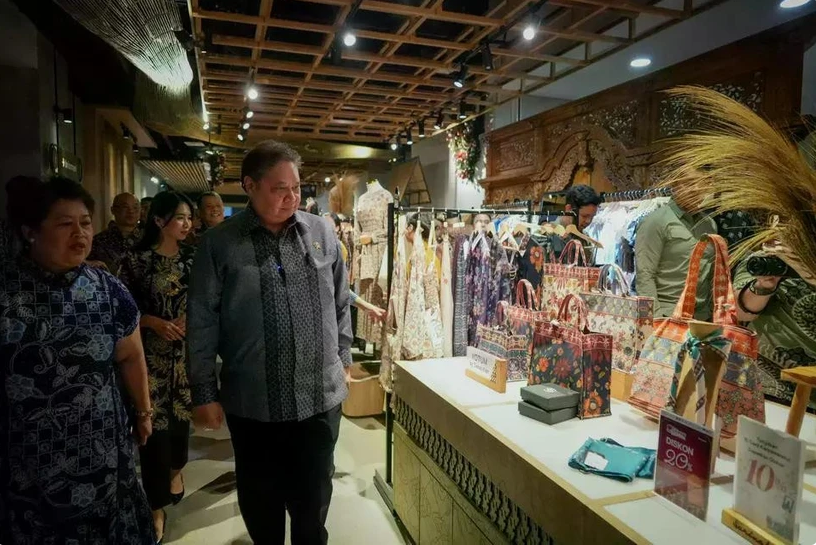Indonesia is considering proposing trade tariff cuts with the U.S. to counter President Donald Trump’s comprehensive tariffs1* policy. At the Indonesia Business Competitiveness Outlook 2025 conference held in Jakarta on January 13, 2025. Indonesia’s Minister of Economy, Airlangga Hartarto, spoke about the planned tax cuts as part of an approach to strengthening economic cooperation between the two countries. The goal is to reduce the potential impact of changes in U.S. tax policy. Under the leadership of President Trump, He also said, “Indonesia is working to promote bilateral economic cooperation with the United States. In the hope of reducing the trade tariff rate.”
Concerns have increased after Donald Trump said he would impose a 100% tariff on BRICS member countries if he continued to push for alternative currencies instead of the US dollar. After Indonesia joined the BRICS less than two weeks before Trump’s inauguration, the U.S. government has been in power for more than 20 years. It has raised concerns about the potential impact on trade relations between Indonesia and the United States. During his first presidency, Trump ordered a review of Indonesia’s qualifications under the U.S. Generalised System of Preferences. – GSP) by reasoning about the US trade deficit.
However, Airlangga Hartarto said that the U.S. tariffs on Indonesian imports are not new. By U.S. tax policy There are differences in each type of product, including shoes, apparel, and other commodities that have always faced taxation. In 2023, the value of bilateral trade between Indonesia and the U.S. reached US$34.5 billion, with Indonesia having a trade surplus of US$12 billion, while between January and October 2024, the total trade value was US$31.6 billion, and Indonesia maintained a trade surplus of US$11.5 billion.
Office Reviews
Indonesia is considering bilateral negotiations to negotiate trade tariff cuts with the U.S. to reduce the impact on President Trump’s tariff policies. from potential tax increases in the future. On the other hand, Indonesia has joined the BRICS bloc, which is polar opposite to the U.S., with Trump announcing that he may impose a 100% tariff on BRICS member countries if the use of alternative currencies instead of the U.S. dollar is pushed.
However, The move demonstrates Indonesia’s efforts to maintain its trade surplus with the U.S. while seeking new markets by becoming a full member of the BRICS to gain more economic privileges and opportunities. If the operation has a good feedback, it may affect the competitiveness of Thai products and Indonesian products. In industries with similar production, such as commodities and agricultural products.
1* Comprehensive tariff policy: Universal tariff policy: The same taxes apply to all types of goods imported from all countries. It is not separated by trade agreements or country-specific conditions.
2* The Generalised System of Preferences (GSP) is a trade program for developed countries that provides tax incentives to developing countries.



